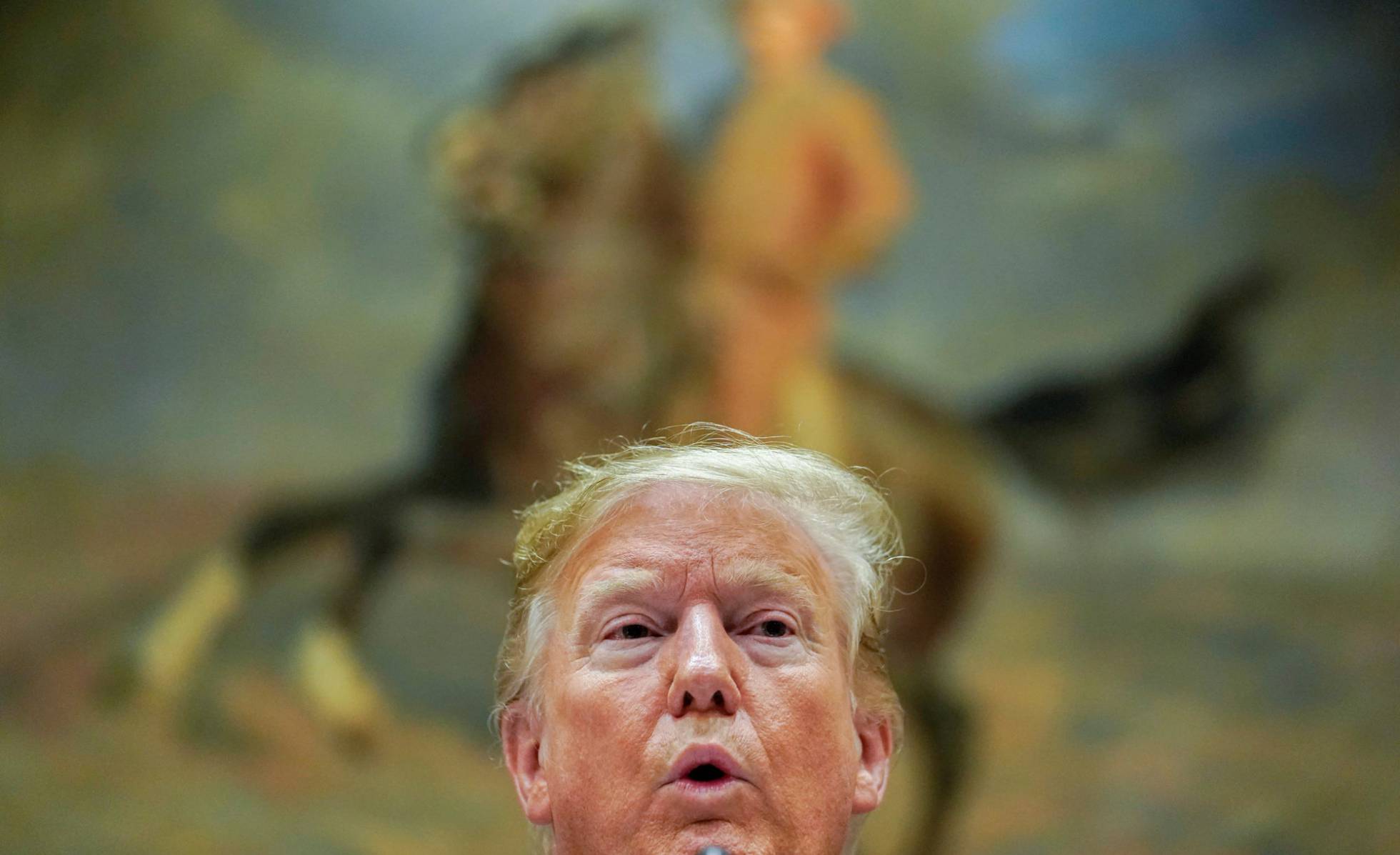
Under Trump’s presidency, the United States has returned to a prosperity typical of the happy years of the 60s.
Since you and I are both reading this paper right now, it may be assumed that we agree on certain views. The guy is unbearably crude, an unbridled egotist and a pathological liar. So far, we agree, right? He ignores climate change and even rejoices over the melting of the polar ice cap. He despises immigrants, hates the press that criticizes him, practices an absurd level of nepotism, and confuses his personal interests with those of the country. Are we still in tune? I would say so.
Let us emphasize that this man could cause a catastrophe at any moment and that we do not know how his arm wrestling over trade with China will end. That said, let’s face another reality. Under Donald Trump’s presidency, the United States has returned to a prosperity typical of the happy years of the 60s. There is hardly any unemployment, the economy grew more than 3% in the first quarter, inflation is still low, wages have increased, and the decline of industry has been contained.
You might say, “Sure, of course.” But this has been accomplished by creating monstrous public debt and an alarming budget deficit. That’s a fact. After destroying that conservative fanatical cult called the tea party (Do you remember when they looked unmanageable?) Trump linked the Republican Party to the politics of another sympathetic but equally unbearable president named Ronald Reagan. During the 80s, Reagan increased the debt and grew the deficit. This is what happens when taxes are reduced – mainly for wealthy people – and an outrageous amount of money is spent on weapons. However, the United States prints dollars – the currency accepted worldwide – and it can afford things that would lead to disaster in any other country.
Reagan was able to restore optimism and and regain economic superpower status for the United States, won the Cold War (although the victory was finalized by his successor, George H.W. Bush), and ended the Soviet Union. At the time, many people believed that betting on European ballistic missiles and the fuss about the “Star Wars” initiative as the Strategic Defense Initiative or SDI was known, could lead to a nuclear holocaust. It was not like that. In fact, the opposite happened. As for deficits, growth caused them to decrease. During Bill Clinton’s presidency, they were transformed into a budget surplus, so much so that people feared the demise of the public debt market that is vital for both monetary policymakers and small savers.
Trump practices protectionism, and nearly every day, violates the principles of free trade, which, for reasons not fully understood, has become almost a dogma of faith to progressives. Since he confronted China, whose state capitalism is the antithesis of free trade, the European Union seems to be quietly supporting Beijing’s arguments, and international institutions issue frequent alarms that the trade war could lead to a planetary recession. This might happen, of course. But it has not happened yet.
It remains to be seen how Trump’s first term will end. So far he hasn’t caused any disasters (except perhaps for the uncontrollable climate disaster), unlike Barack Obama, who encouraged the Arab Springs and then did not know how to deal with them. So far, Trump has achieved superb economic results. So far, it is likely that Trump will win reelection without much difficulty.
Sometimes, it is healthy when the facts contradict preconceived ideas.

Leave a Reply
You must be logged in to post a comment.